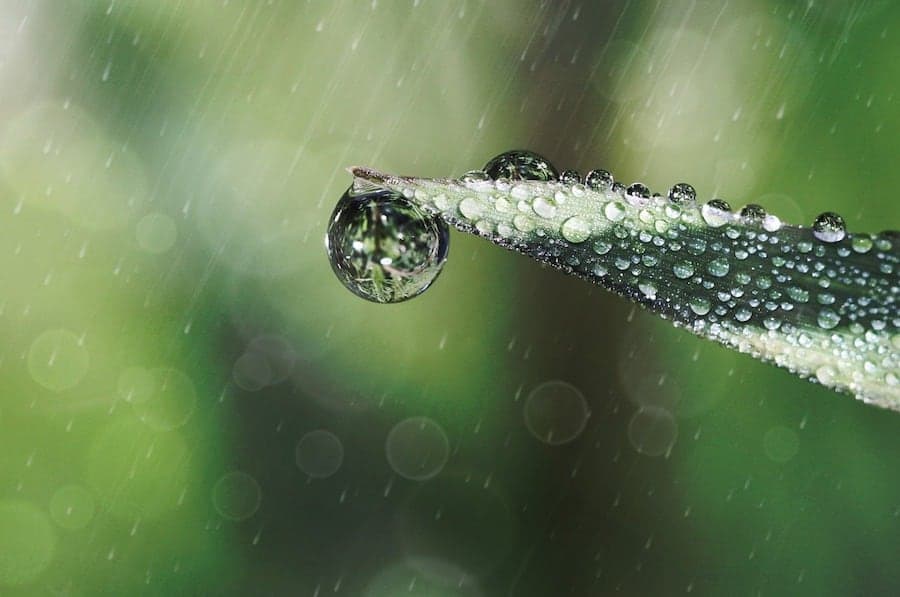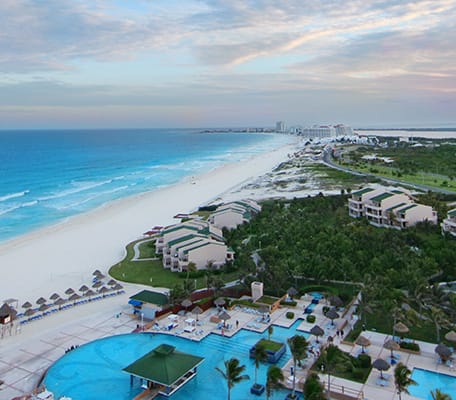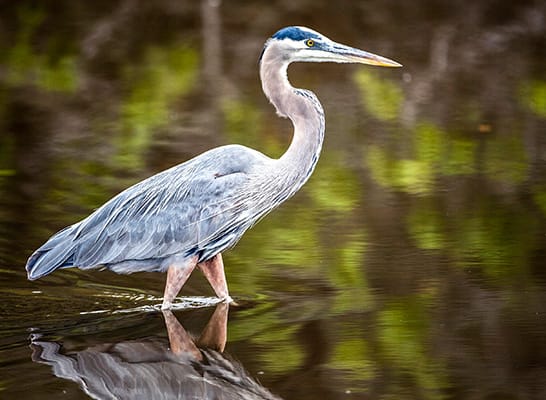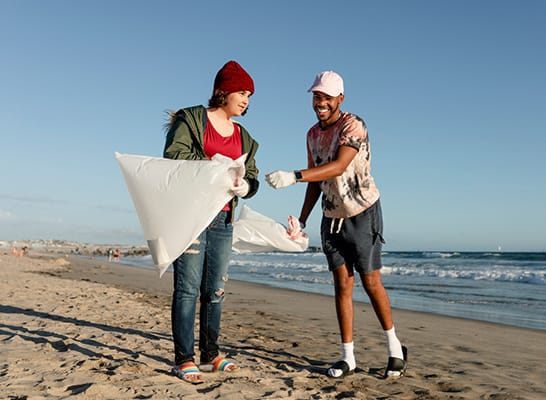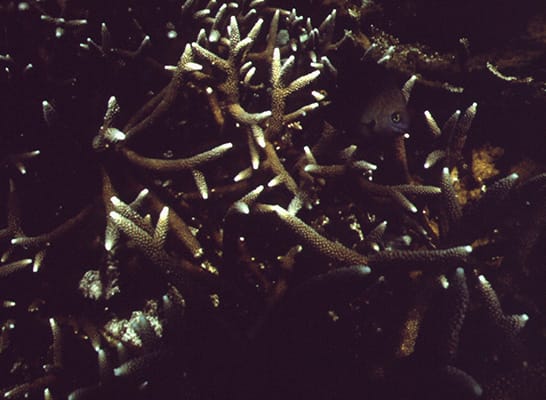The worrying stories include an account of the largest freshwater lake in Florida becoming choked with algae and the iconic Florida Keys coral reef struggling to maintain its rainbow bright color scheme amidst rising sea temperatures. Also of some concern is the story of a Florida city famed for its crystal clear spring water which is choosing to pause any new construction for a year due to fears of how much pressure an ever-booming population explosion could place on local water supplies.
On the brighter side, millions of dollars’ worth of grants recently became available to fund access to the outdoors in Florida, as well as paying for multiple projects, schemes and initiatives designed to protect water resources of every type across the state. In South Florida, concerned locals worked to protect water resources via the Miami Waterkeeper organization and Tampa saw the graduation of the first official Green Team of enthusiastic younger people determined to help to protect the environment around them. Anyone stuck for ideas on how to raise awareness of issues around sustainability needs to look no further than the underwater concert – complete with ‘mermaids’ – which took place around the Looe Key Reef, while advice given out to residents of Jacksonville by their local utility provider echoed the kind of irrigation advice we’ve been specializing in providing for years.

